STCW
The 1978 STCW Convention was the first to establish basic requirements on training, certification and watchkeeping for seafarers on an international level. Previously the standards of training, certification and watchkeeping of officers and ratings were established by individual governments, usually without reference to practices in other countries. As a result standards and procedures varied widely, even though shipping is the most international of all industries.
The Convention prescribes minimum standards relating to training, certification and watchkeeping for seafarers which countries are obliged to meet or exceed.
The 1995 amendments, adopted by a Conference, represented a major revision of the Convention, in response to a recognized need to bring the Convention up to date and to respond to critics who pointed out the many vague phrases, such as “to the satisfaction of the Administration”, which resulted in different interpretations being made.
The 1995 amendments entered into force on 1 February 1997. One of the major features of the revision was the division of the technical annex into regulations, divided into Chapters as before, and a new STCW Code, to which many technical regulations were transferred. Part A of the Code is mandatory while Part B is recommended.
Dividing the regulations up in this way makes administration easier and it also makes the task of revising and updating them more simple: for procedural and legal reasons there is no need to call a full conference to make changes to Codes.
Another major change was the requirement for Parties to the Convention are required to provide detailed information to IMO concerning administrative measures taken to ensure compliance with the Convention. This represented the first time that IMO had been called upon to act in relation to compliance and implementation – generally, implementation is down to the flag States, while port State control also acts to ensure compliance. Under Chapter I, regulation I/7 of the revised Convention, Parties are required to provide detailed information to IMO concerning administrative measures taken to ensure compliance with the Convention, education and training courses, certification procedures and other factors relevant to implementation.The information is reviewed by panels of competent persons, nominated by Parties to the STCW Convention, who report on their findings to the IMO Secretary-General, who, in turn, reports to the Maritime Safety Committee (MSC) on the Parties which fully comply. The MSC then produces a list (the so called “white list”) of “confirmed Parties” in compliance with the STCW Convention.
